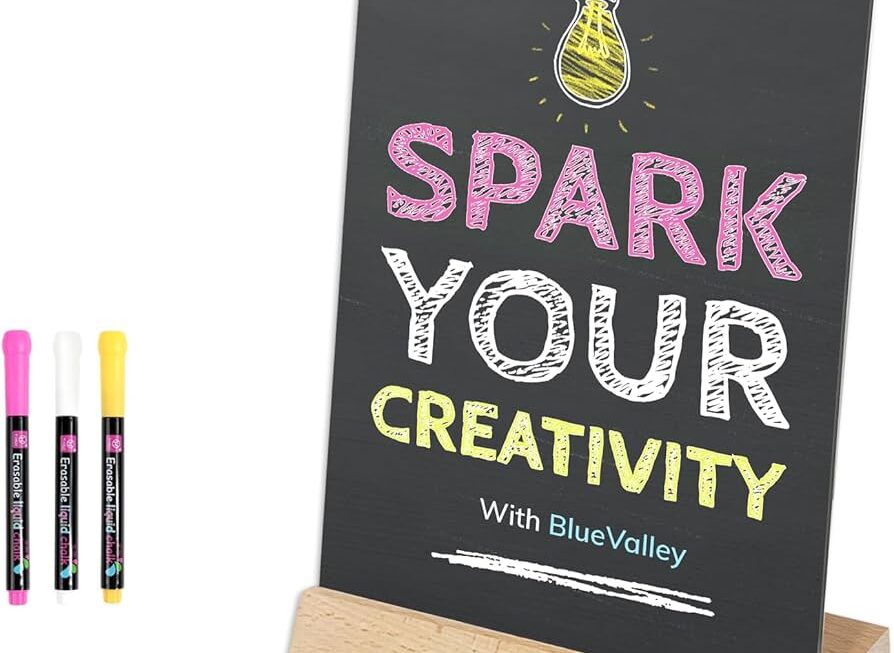Music schools offer aspiring musicians a unique environment where they can refine their craft, connect with like-minded individuals, and delve deep into the world of music. These institutions are pivotal in nurturing talent, fostering creativity, and providing a platform for personal and artistic growth. We will explore the multifaceted aspects of a music school, from its diverse curriculum to the transformative experiences it offers students. You can also visit our website https://www.creativekeysinc.com/locations/tampa/.
The Art of Instruction
Central to any music school is its faculty, composed of seasoned musicians and educators who impart their knowledge and expertise to students. Through structured lessons, ensemble rehearsals, and individual coaching sessions, instructors guide students on their musical journey, helping them develop technical proficiency, interpretive skills, and a deep understanding of musical theory. This personalized approach fosters a supportive learning environment where students can thrive and explore their musical potential.
Cultivating Creativity
One of the defining features of a music school is its emphasis on fostering creativity. Beyond technical proficiency, students are encouraged to explore their artistic voice, experiment with different musical styles, and collaborate with peers to create original compositions. Whether through improvisation workshops, songwriting classes, or ensemble performances, music schools provide a platform for students to express themselves creatively and develop their unique musical identity.
Collaborative Learning and Performance
Music schools are vibrant collaboration hubs where students can work closely with their peers and participate in ensemble performances. From chamber music groups to orchestras and jazz bands, these collaborative experiences enhance musicianship and cultivate essential skills such as teamwork, communication, and adaptability. Students learn to blend their talents into cohesive musical expressions through rehearsals, concerts, and studio recordings.
Technology and Innovation
Music schools are at the forefront of technological innovation in today’s digital age, integrating cutting-edge tools and software into their curriculum. From digital audio workstations and music production software to virtual reality simulations and online learning platforms, these technologies enhance the learning experience, allowing students to explore new horizons in music creation, recording, and performance. Music schools also offer music technology and audio engineering courses, preparing students for careers in the ever-evolving music industry.
Community and Networking
Beyond the classroom, music schools foster a sense of community and provide networking opportunities that extend beyond graduation. Alum networks, industry partnerships, and guest artist programs connect students with professionals in the music industry, opening doors to internships, collaborations, and performance opportunities. These connections enrich the educational experience and pave the way for future success in the music field.
Cultural Enrichment and Global Perspective:
Music schools often embrace cultural diversity and offer programs that expose students to various musical traditions worldwide. Through ethnomusicology courses, cultural exchange programs, and guest lectures by renowned musicians from diverse backgrounds, students gain a deeper appreciation for the richness and diversity of global music. This exposure broadens their musical horizons and fosters an international perspective, enabling them to engage with music as a universal language that transcends borders and connects people across cultures.
Embracing Entrepreneurship
In addition to honing their artistic skills, music schools equip students with the tools and knowledge needed to navigate the professional landscape of the music industry. Courses in music business, marketing, and entrepreneurship empower students to develop business acumen, manage their careers, and explore opportunities for self-promotion and artistic entrepreneurship. Whether launching their music projects, managing bands and ensembles, or pursuing careers as independent artists, music school graduates are well-prepared to navigate the challenges and opportunities of the music business.
The Joy of Lifelong Learning
One of the enduring benefits of attending a music school is instilling a love for lifelong learning. Beyond graduation, many students continue their musical education through workshops, masterclasses, and continuing education programs offered by music schools and conservatories. This commitment to ongoing growth and development not only deepens their musical expertise but also fosters a sense of curiosity, exploration, and passion for music that lasts a lifetime. Music schools thus catalyze a lifelong journey of musical discovery and personal enrichment.
A music school is more than a place of learning; it is a transformative journey that shapes aspiring musicians into skilled artists, creative innovators, collaborative performers, culturally aware individuals, entrepreneurial thinkers, and lifelong learners. Through expert instruction, creative exploration, cooperative experiences, technological integration, cultural enrichment, entrepreneurial empowerment, community engagement, and a commitment to lifelong learning, music schools empower students to realize their musical aspirations and contribute meaningfully to the world of music. Whether pursuing a career in performance, composition, education, music technology, cultural exchange, entrepreneurship, or simply enjoying music as a lifelong passion, the lessons learned, and experiences gained in a music school are invaluable assets that resonate throughout a musician’s life and career.


